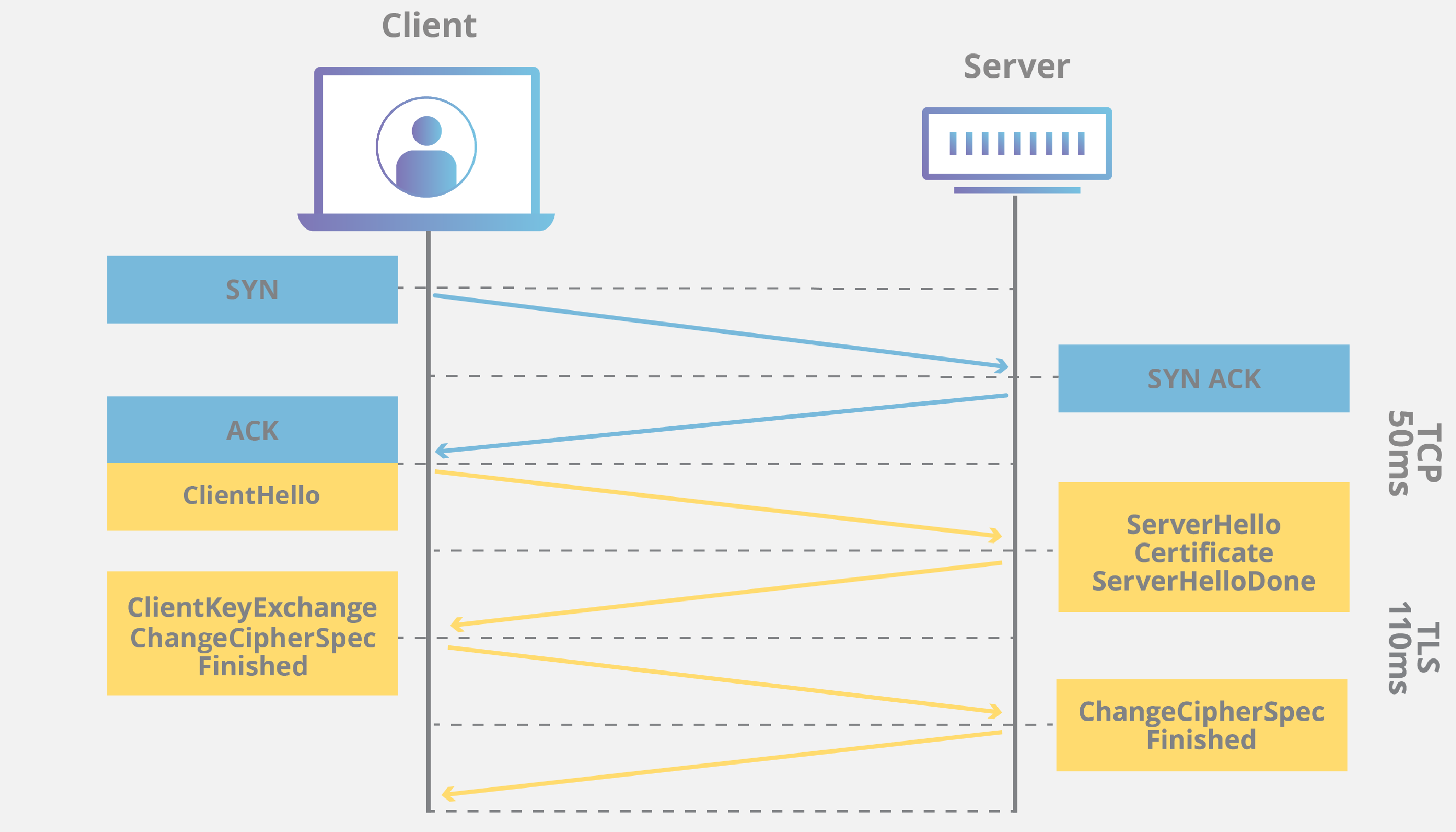I learned that under HTTP1.1, the max number of default simultaneous persistent connections per host name (origin?) is going to be 6, at least for chrome. I am not asking about the exact number of the limit since I know it varies from browser to browser. I am more curious about when we will open a new connection for new requests - does the browser reuse the same TCP connection somehow or it always starts a new TCP connection unless if it hasn't reached the limit of concurrent requests?
Let's say we are using HTTP1.1 and we have Connection: Keep-Alive
if in the html we have
<script src="https://foo/foo1.js"></script>
<script src="https://foo/foo2.js"></script>
<script src="https://foo/foo3.js"></script>
<script src="https://foo/foo4.js"></script>
<script src="https://foo/foo5.js"></script>
<script src="https://foo/foo6.js"></script>
<script src="https://foo/foo7.js"></script>
will each one of the scripts result in a new TCP connection established or all the subsequent requests will reuse the first TCP connection established by the first script tab? And if each one of these script result in a new TCP connection established, given the browser's limit for concurrent requests being 6, does the 7th request have to wait until the 6th request to be finished in order to establish the connection?
The above example is about initiating requests from HTML tags. What about api calls made from JavaScript? Let's in our javascript we have
const result1 = apiCall1()
const result2 = apiCall2()
const result3 = apiCall3()
const result4 = apiCall4()
const result5 = apiCall5()
const result6 = apiCall6()
const result7 = apiCall7()
And assume the endpoint that those API calls are hitting is all api.foo.com/v1/tasks, my questions are, again: will each one of the api call result in a new TCP connection established or all the subsequent requests will reuse the first TCP connection established by the first api call? And if each one of these api call result in a new TCP connection established, given the browser's limit for concurrent requests being 6, does the 7th request have to wait until the 6th request to be finished in order to establish the connection?
My last question is, compared to http1.1, does http2 address this problem by allowing sending many requests at the same time over one single TCP connection?


foo7.jscould finish beforefoo1.js, and this would be fine in HTTP/2. (Not that it matters much though in the way these script tags are loaded, because they all have to be loaded and executed in-order anyway. Consider using modules!) – Jackiejackinoffice